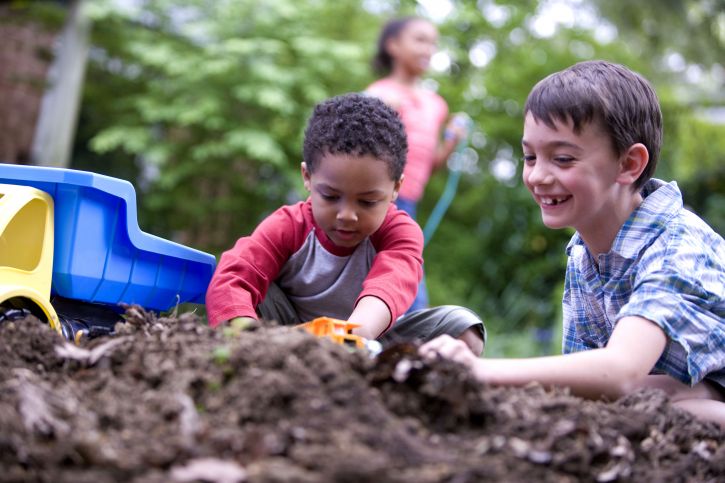Programmes which give poorer children a chance to muck about make them more likely to do well at school and get a good job.
What it means: How well we do economically (i.e. how rich/successful/happy we are) can depend a lot on how well our parents did. Boys born into poor families are much more likely to wind up unemployed than their richer classmates. And a much higher proportion of kids from poorer backgrounds end up with bad grades and low salaries than those from richer families.
Fixing this problem would not just be good for the kids in question. It could be good for economies too - because successful, educated people are more likely to do things like set up new businesses (and create jobs), or come up with an invention that helps us work faster or smarter, or just earn more money which can be spent into the economy, such as in shops and communities, or collected by the government as taxes.
A new solution being tried is to give poorer kids more playtime. Playing is really good for developing our intelligence and social skills, but kids from disadvantaged backgrounds are less likely to have lots of toys or go to the sort of schools that have lots of resources to put into creativity and play.
Bangladesh is currently trying out a ‘play curriculum’ and it’s going so well that they’ve increased the number of school using it from 50 to 250. If they see concrete results in these children’s learning and development, might other countries follow suit?
Read our explainer on social inequality.

